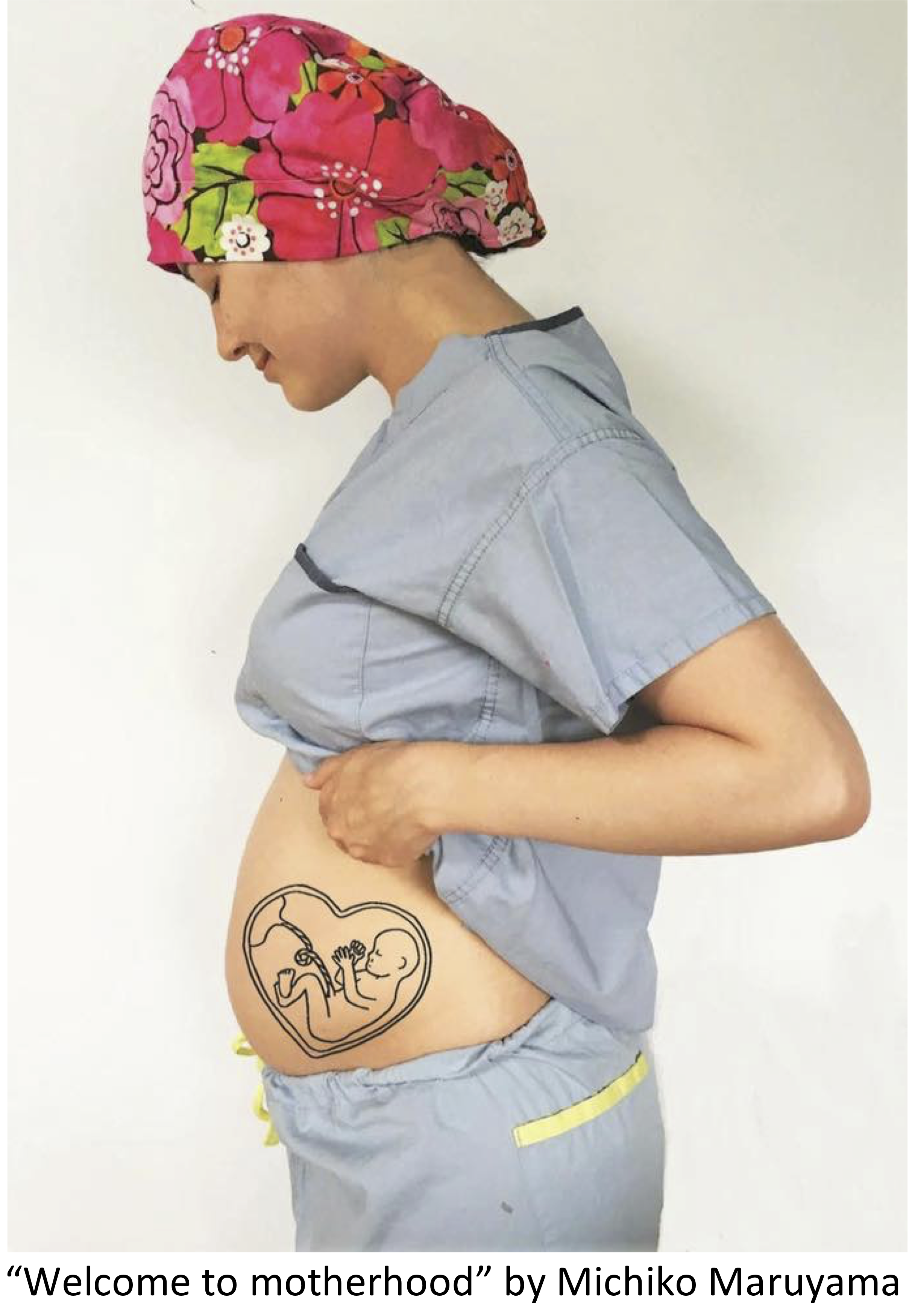Smoking cessation counselling training in the pre-clerkship curriculum of Canadian medical schools: A national survey
DOI:
https://doi.org/10.36834/cmej.36927Keywords:
pre-clerkship, preclerkship, canadian medical school, smoking cessation, tobacco cessation, nation survey, motivational interviewing, undergraduate medical educationAbstract
Background: Cigarette use is Canada’s leading cause of preventable disease, disability, and death. The Medical Council of Canada requires that physicians be able to address tobacco-use, however smoking cessation counselling (SCC) training remains largely neglected in the pre-clerkship curricula of many Canadian medical schools.
Methods: Between July and October of 2015, Canada’s 17 medical schools were invited to participate in an administrative survey: The Canadian Medical School Assessment of Smoking Cessation Counselling in the Pre-Clerkship Curriculum. Each was asked to comment on the presence of 28 tobacco-related topics in their curricula, including: time devoted to source material; year(s) of training during which medical students were exposed to related content; methods of teaching and examination; and, the attitudes, policies, and barriers relevant to the presence of smoking cessation counselling (SCC) training in the curriculum.
A second short survey: Assessing Medical Students Attitudes toward Smoking Cessation Education was distributed to 100 University of Ottawa medical students to assess comfort level and perceived confidence toward addressing smoking cessation with patients.
Results: Eleven of 17 medical schools completed the administrative survey. The results demonstrated substantial deficits and inconsistencies in the delivery of SCC training in the pre-clerkship curricula of Canada’s medical schools. The short survey revealed perceived discomfort regarding smoking cessation discussion, consistent with the potential curriculum deficits suggested in the larger national survey.
Conclusion: The results of both surveys suggest an unfortunate oversight given the devastating impact of tobacco-related diseases. Institutional commitment and enhanced inter-university collaboration could facilitate the development of a national undergraduate medical education program to enhance the delivery of SCC training within the pre-clerkship curricula of Canadian medical schools.
Downloads
Published
How to Cite
Issue
Section
License
Submission of an original manuscript to the Canadian Medical Education Journal will be taken to mean that it represents original work not previously published, that it is not being considered elsewhere for publication. If accepted for publication, it will be published online and it will not be published elsewhere in the same form, for commercial purposes, in any language, without the consent of the publisher.
Authors who publish in the Canadian Medical Education Journal agree to release their articles under the Creative Commons Attribution-Noncommercial-No Derivative Works 4.0 Canada Licence. This licence allows anyone to copy and distribute the article for non-commercial purposes provided that appropriate attribution is given. For details of the rights an author grants users of their work, please see the licence summary and the full licence.
10.2196/20704
10.1007/s13187-023-02309-5
10.7717/peerj.11408
10.1183/2312508X.10003120
10.1080/0142159X.2021.1918332
10.1080/07853890.2024.2337725
10.1590/1980-220x-reeusp-2021-0569pt
10.22478/ufpb.2359-7003.2024v33n1.66191










